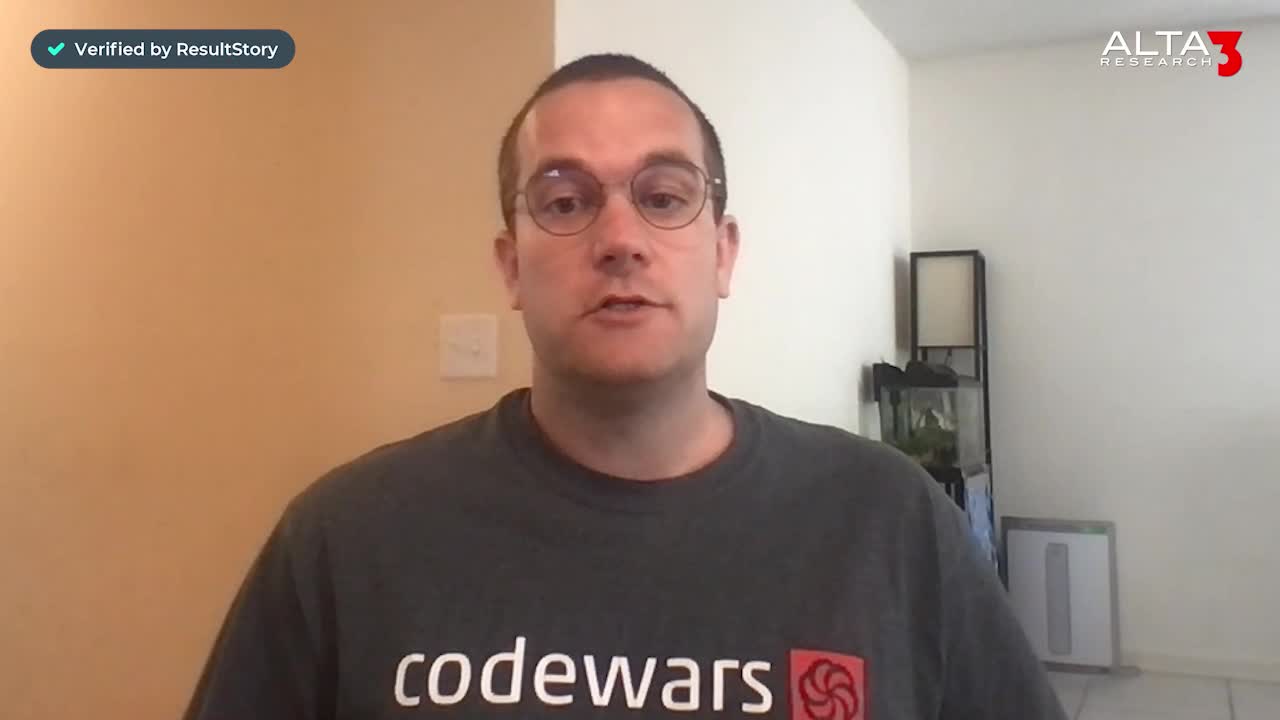Administering Microsoft SQL Server 2014 Databases
Master SQL Server 2014 database maintenance and administration skills with our comprehensive course tailored for aspiring and current database administrators, ensuring robust database performance and security.

Essential Skills Gained

Describe core database administration tasks and tools.

Configure SQL Server databases and implement backup strategies.

Monitor and trace SQL Server activity for optimization.

Manage SQL Server security and automate maintenance tasks.
Format
- Instructor-led
- 5 days with lectures and hands-on labs.
Audience
- Database Administrators
- Application Developers
- IT Professionals
- System Engineers
Description
This five-day instructor-led course provides students with the knowledge and skills to maintain a Microsoft SQL Server 2014 database. The course focuses on teaching individuals how to use SQL Server 2014 product features and tools related to maintaining a database. Note: This course is designed for customers who are interested in learning SQL Server 2012 or SQL Server 2014. It covers the new features in SQL Server 2014, but also the important capabilities across the SQL Server data platform.
Upcoming Course Dates
No upcoming dates. Please check back later.
Course Outline
Download PDFModule 1: Introduction to SQL Server 2014 Database Administration
Database Administration Overview
Introduction to the SQL Server Platform
Database Management Tools and Techniques
Lab : Using SQL Server Administrative Tools
Using SQL Server Management Studio
Using the sqlcmd Utility
Using Windows PowerShell with SQL Server
Module 2: Installing and Configuring SQL Server 2014
Planning SQL Server Installation
Installing SQL Server 2014
Post-Installation Configuration
Lab : Installing SQL Server 2014
Preparing to Install SQL Server
Installing SQL Server
Performing Post-Installation Configuration
Module 3: Working with Databases and Storage
Introduction to Data Storage with SQL Server
Managing Storage for System Databases
Managing Storage for User Databases
Moving Database Files
Configuring the Buffer Pool Extension
Lab : Managing Database Storage
Configuring tempdb Storage
Creating Databases
Attaching a Database
Module 4: Planning and Implementing a Backup Strategy
Understanding SQL Server Recovery Models
Planning a Backup Strategy
Backing up Databases and Transaction Logs
Using Backup Options
Ensuring Backup Reliability
Lab : Backing Up SQL Server Databases
Backing Up Database
Performing Database, Differential, and Transaction Log Backups
Performing a Partial Backup
Module 5: Restoring SQL Server 2014 Databases
Understanding the Restore Process
Restoring Databases
Advanced Restore Scenarios
Working with Point-in-Time Recovery
Lab : Restoring SQL Server Databases
Restoring a Database Backup
Restoring Database, Differential, and Transaction Log Backups
Performing a Piecemeal Restore
Module 6: Importing and Exporting Data
Introduction to Transferring Data
Importing and Exporting Table Data
Copying or Moving a Database
Lab : Importing and Exporting Data
Using the SQL Server Import and Export Wizard
Using the bcp Utility
Using the BULK INSERT Statement
Using the OPENROWSET Function
Module 7: Monitoring SQL Server 2014
Introduction to Monitoring SQL Server
Dynamic Management Views and Functions
Performance Monitor
Lab : Monitoring SQL Server 2014
Collecting Baseline Metrics
Monitoring a Workload
Module 8: Tracing SQL Server Activity
Tracing SQL Server Workload Activity
Using Traces
Lab : Tracing SQL Server Workload Activity
Capturing a Trace in SQL Server Profiler
Generating Database Tuning Recommendations
Using SQL Trace
Module 9: Managing SQL Server Security
Introduction to SQL Server Security
Managing Server-Level Security
Managing Database-Level Principals
Managing Database Permissions
Lab : Managing SQL Server Security
Managing Server-Level Security
Managing Database-Level Security
Testing Database Access
Module 10: Auditing Data Access and Encrypting Data
Auditing Data Access in SQL Server
Implementing SQL Server Audit
Encrypting Databases
Lab : Auditing Data Access and Encrypting Data
Implementing Auditing
Implementing Transparent Database Encryption
Module 11: Performing Ongoing Database Maintenance
Ensuring Database Integrity
Maintaining Indexes
Automating Routine Database Maintenance
Lab : Performing Ongoing Database Maintenance
Managing Database Integrity
Managing Index Fragmentation
Implementing a Maintenance Plan
Module 12: Automating SQL Server 2014 Management
Automating SQL Server Management
Implementing SQL Server Agent Jobs
Managing SQL Server Agent Jobs
Managing Job Step Security Contexts
Managing Jobs on Multiple Servers
Lab : Automating SQL Server Management
Creating a Job
Scheduling a Job
Configuring Job Step Security Contexts
Module 13: Monitoring SQL Server 2014 by Using Alerts and Notifications
Monitoring SQL Server Errors
Configuring Database Mail
Configuring Operators, Alerts, and Notifications
Lab : Monitoring SQL Server by Using Alerts and Notifications
Configuring Database Mail
Implementing Operators and Notifications
Implementing Alerts
Your Team has Unique Training Needs.
Your team deserves training as unique as they are.
Let us tailor the course to your needs at no extra cost.
See What Other Engineers Are Saying
Trusted by Engineers at:
and more...

Aaron Steele

Casey Pense

Chris Tsantiris

Javier Martin

Justin Gilley

Kathy Le

Kelson Smith

Oussama Azzam

Pascal Rodmacq

Randall Granier

Aaron Steele

Casey Pense

Chris Tsantiris

Javier Martin

Justin Gilley

Kathy Le

Kelson Smith

Oussama Azzam

Pascal Rodmacq

Randall Granier